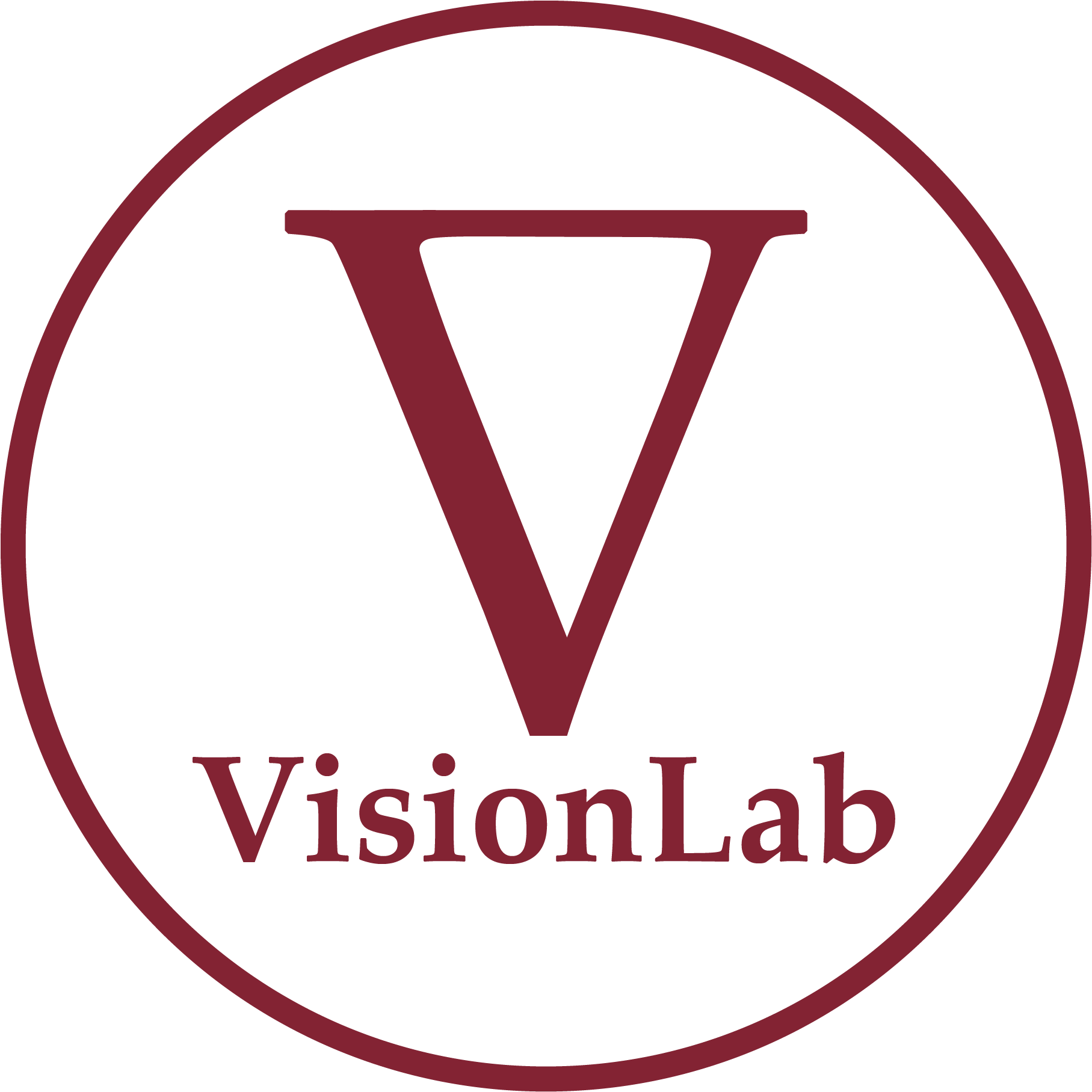
The Laboratory is committed to technological innovation, and the team is dedicated to developing advanced neural networks, inspired by the latest advances in Neuroscience. We aim to apply these cutting-edge technologies to address complex challenges in various application fields, with a particular focus on the medical area.
In our laboratory, we combine theory and practice to design solutions that can radically transform the way medical diagnoses are performed. We use innovative neural networks to analyze and interpret a wide range of biomedical data, improving the accuracy and efficiency of diagnoses across different organs and types of scans.
We are committed to ongoing research and development of methodologies that address current medical needs and anticipate future directions in medical technology. Explore our site to learn more about our work, our publications, and how our research is helping to improve people’s health and well-being.
Efficient deep learning involves the exploration and innovation of efficiency in deep learning based methods, such as Pruning, Quantization, and the engineering of streamlined models. This pivotal area of research is directed towards enhancing the operational efficiency and effectiveness of deep learning architectures by minimizing their computational demands and memory footprint. Such advancements are crucial for enabling the deployment of advanced neural network models in scenarios limited by hardware capabilities.
Potential topics:
I. Core Network Innovation (Focus: How Networks Learn & Represent)
- Biologically-Inspired Learning: Novel algorithms mirroring brain function.
- Multi-Modal Data Fusion: Combining diverse biomedical information effectively.
- Unsupervised Feature Extraction: Automatic pattern discovery in data.
II. Efficiency & Scalability (Focus: Making Networks Practical)
- Adaptive Precision Training: Optimizing numerical precision for speed/resource use.
- Automated Network Design: Automatically finding optimal network structures.
- Knowledge Distillation: Transferring knowledge to smaller, faster models.
Involved Researchers:
- Federico Fontana
- Alessio Fagioli
- Marco Cascio
- Luigi Cinque
